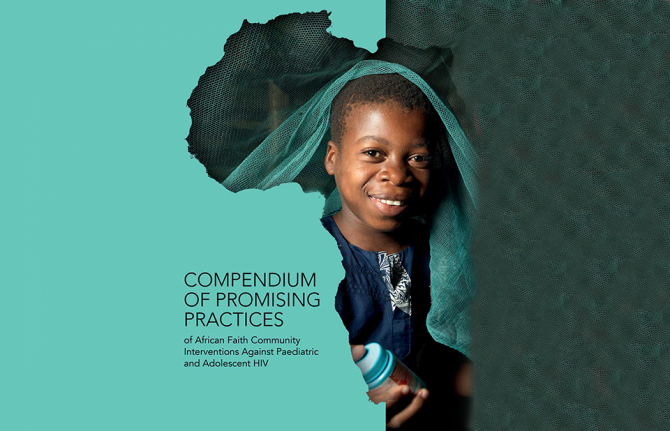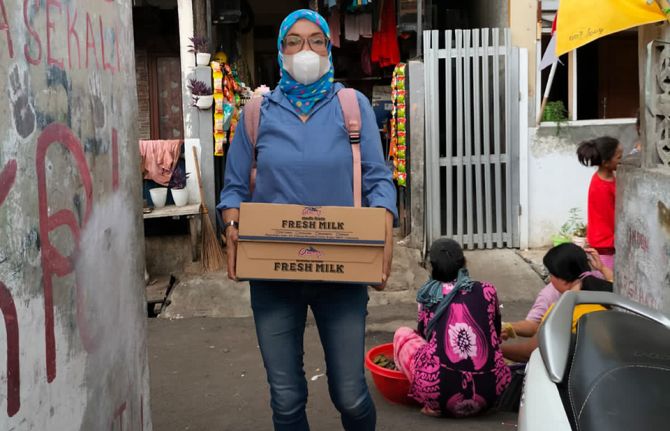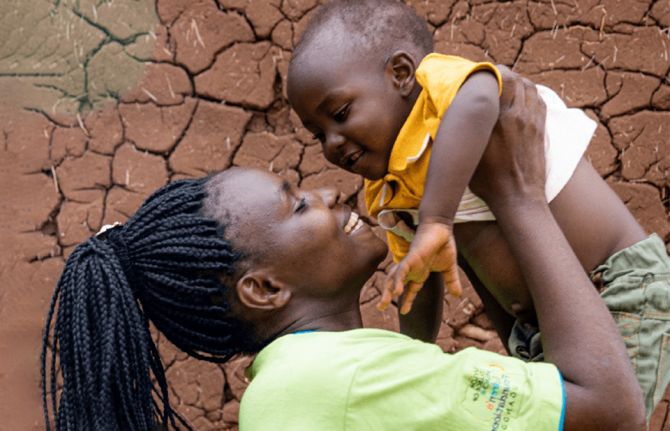
Feature Story
UNICEF report urges to see the child before the disability
30 May 2013
30 May 2013 30 May 2013
Children with disabilities are too often denied access to health and education and this has a detrimental effect on society as a whole. Credit: UNICEF/Marco Dormino
The marginalization of children with disabilities in critical areas like health and education not only has damaging consequences for the young people themselves but also the wider community, according to a landmark UNICEF report released today on 30 May.
The State of the World’s Children 2013: Children with Disabilities contends that children with disabilities are the least likely to receive health care or go to school. They are also more likely to face exploitation and neglect. This is because, the report suggests, children with disabilities are too often reduced to that disability and not seen as valuable individuals who should be given the same opportunities to flourish as everyone else.
"When you see the disability before the child, it is not only wrong for the child, but it deprives society of all that child has to offer," said UNICEF Executive Director Anthony Lake. “Their loss is society's loss; their gain is society's gain.”
HIV provides a salient example of how young people with physical, sensory, intellectual or psychosocial disabilities can be marginalized, overlooked and excluded from programmes. The report argues that, if the burden of the virus is increased in any one group this has negative implications for society as a whole, not least in terms of slowed development and increased expenditure.
Children with disabilities are often considered to be sexually inactive and thus not in need of HIV prevention services. Many receive no information about puberty and how their bodies change and develop. There may also be issues with a greater inability to set sexual contact boundaries for others.
In addition, a significant percentage of people with disabilities of all ages experience sexual assault or abuse during their lifetimes, especially women and girls and those in specialized institutions, schools and hospitals. Their vulnerability to HIV in these circumstances is therefore substantially increased.
When you see the disability before the child, it is not only wrong for the child, but it deprives society of all that child has to offer. Their loss is society's loss; their gain is society's gain.
UNICEF Executive Director Anthony Lake
HIV treatment, testing and counselling services can be physically difficult to access for those with disabilities or may not provide information in user-friendly formats such as Braille. Health care professionals are rarely trained to deal with such children and adolescents and may even demonstrate stigmatizing attitudes.
The State of the World’s Children sets out a number of recommendations to try to ensure that children with disabilities are included across a broad range of social, economic and cultural spheres so that they are involved in overall development.
One major recommendation involves filling the considerable information gap relating to children with disabilities. Few countries know how many such citizens there are, what disabilities they have and what level of service provision they need, making it very difficult for those needs to be met.
The report also highlights the need to remove barriers to inclusion so that environments like schools, health facilities and public transport encourage the participation of children with disabilities alongside their peers, free from discrimination. Families can also be supported to meet the higher costs of living and lost income-earning opportunities often associated with caring for affected children. It is also held to be important to ensure that children and adolescents are involved in the design and implementation of programmes and services so that they can play a role as active agents of change.
Finally, the report calls on countries to ratify and implement international commitments such as the UN Convention on the Rights of Persons with Disabilities and the Convention on the Rights of the Child. Around two thirds of them have ratified the former but for many implementation remains slow.



